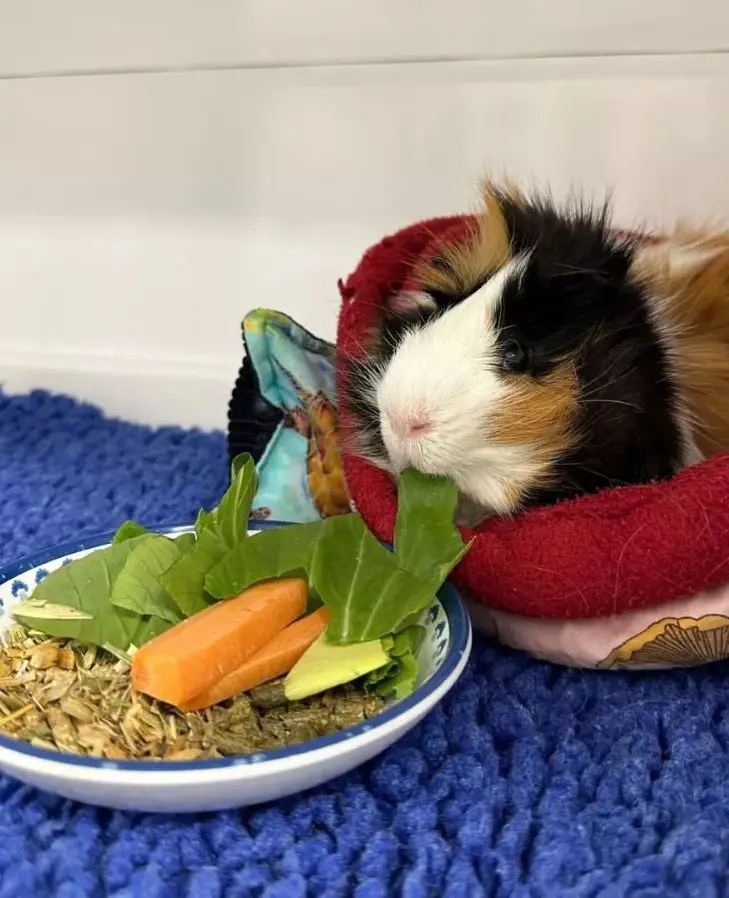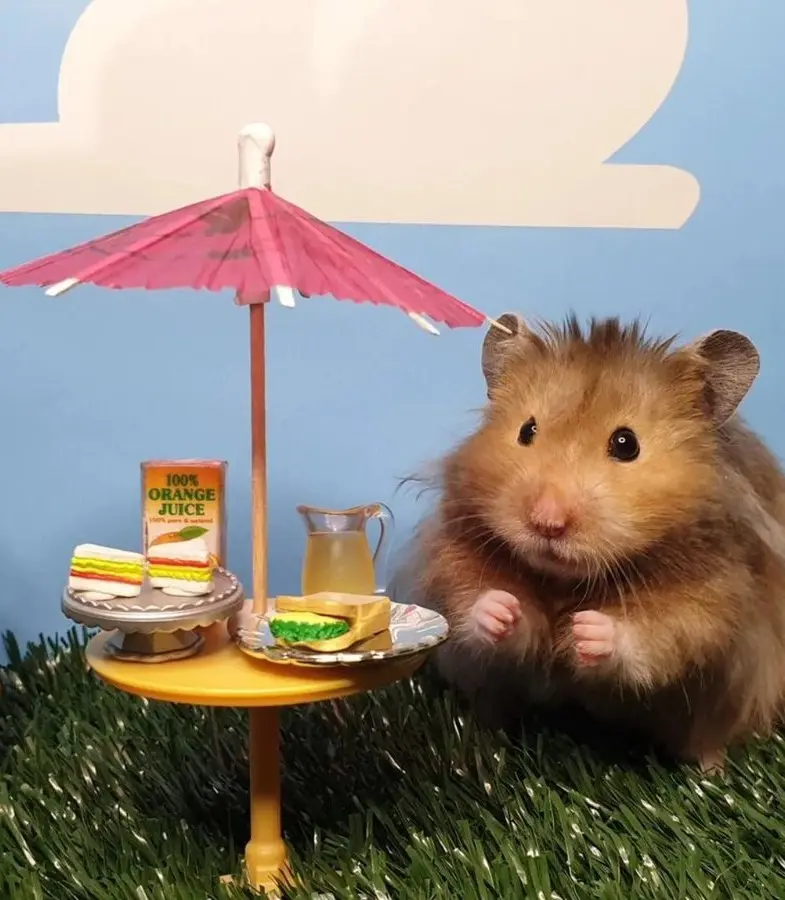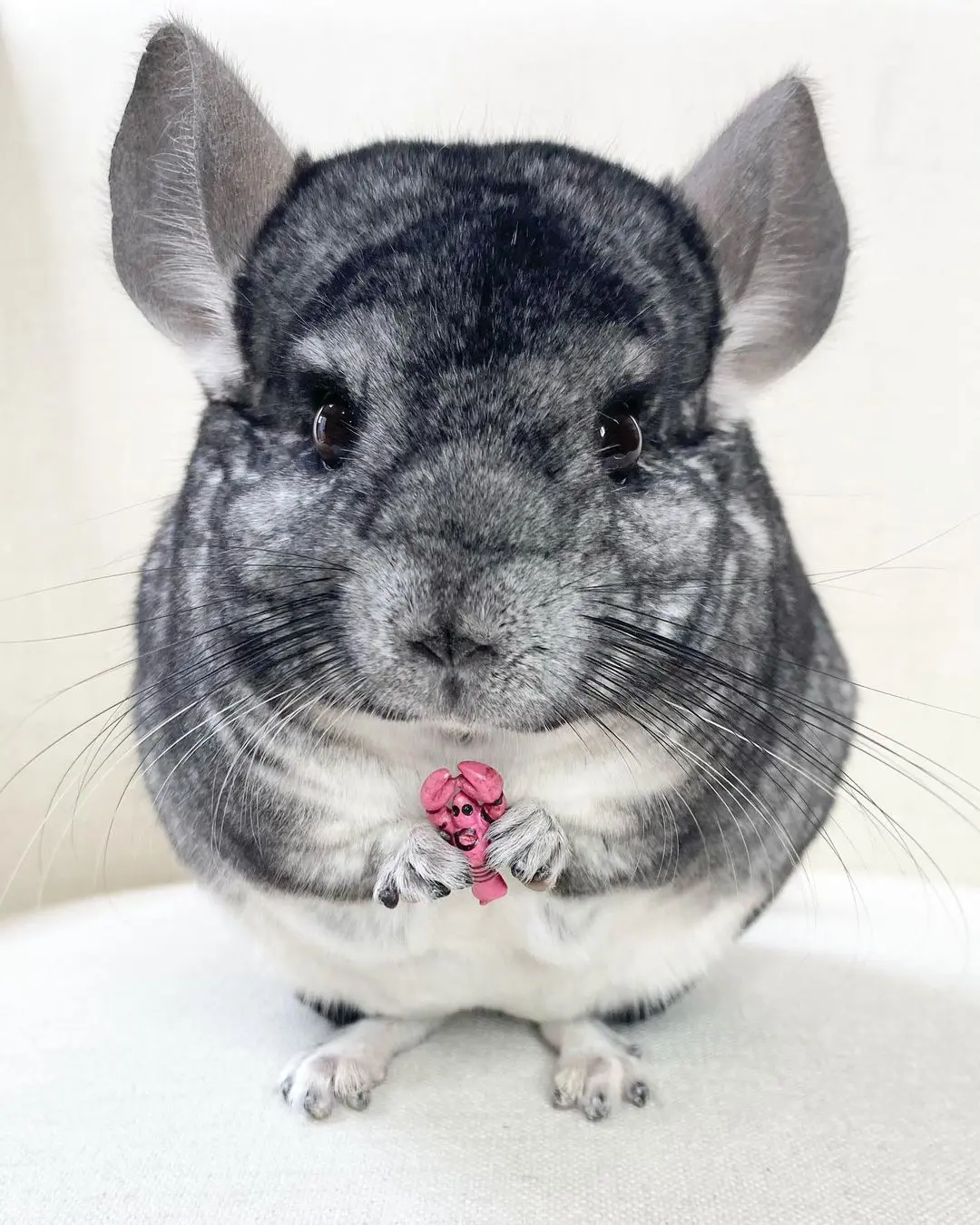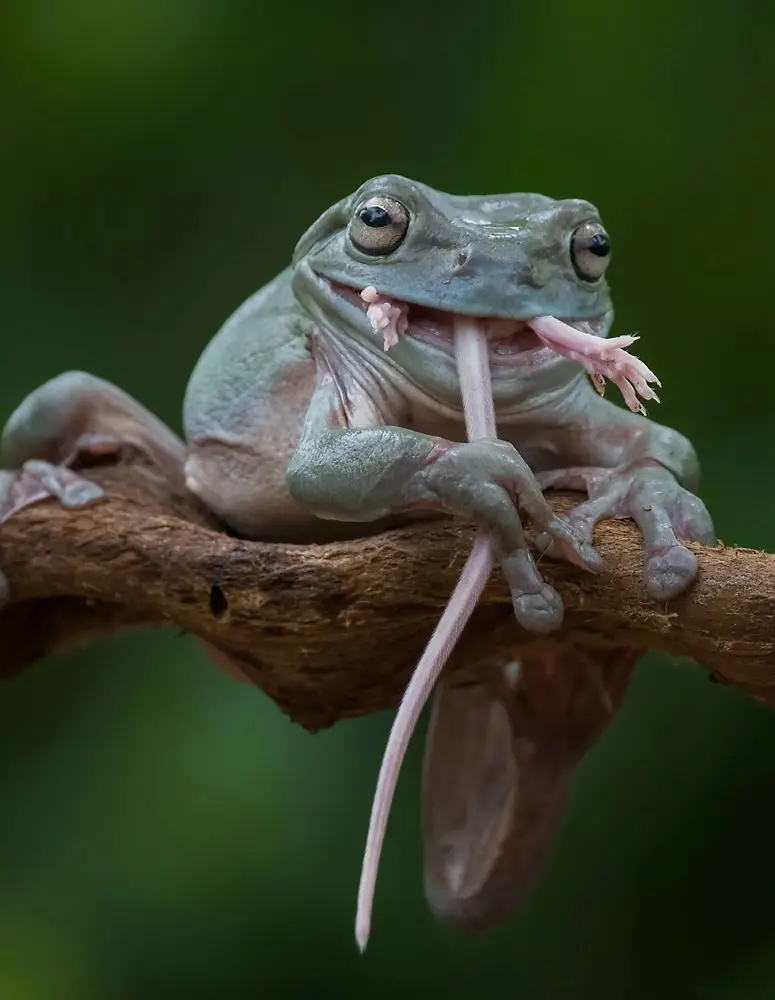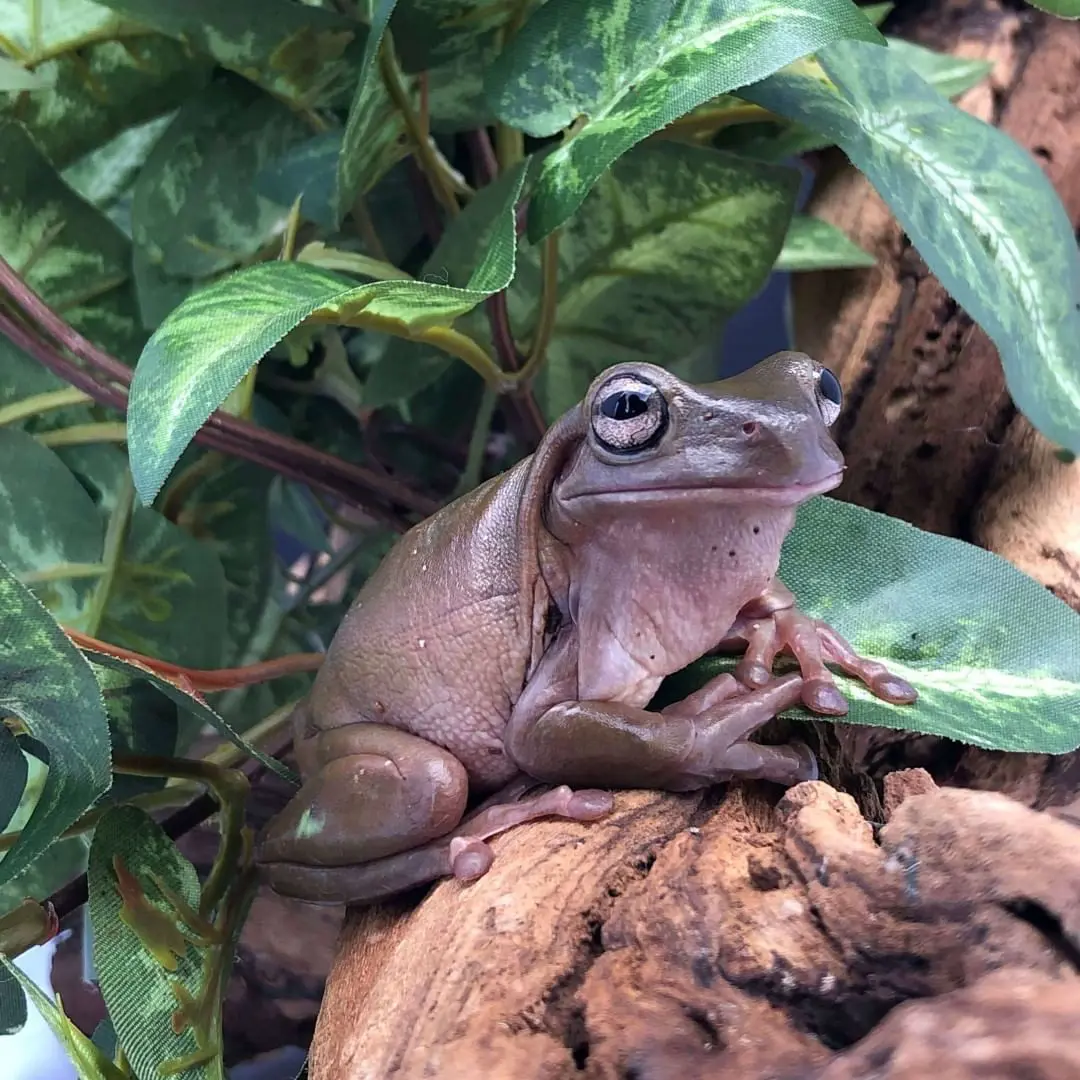A Comprehensive Guide to Caring for a Sulcata Tortoise
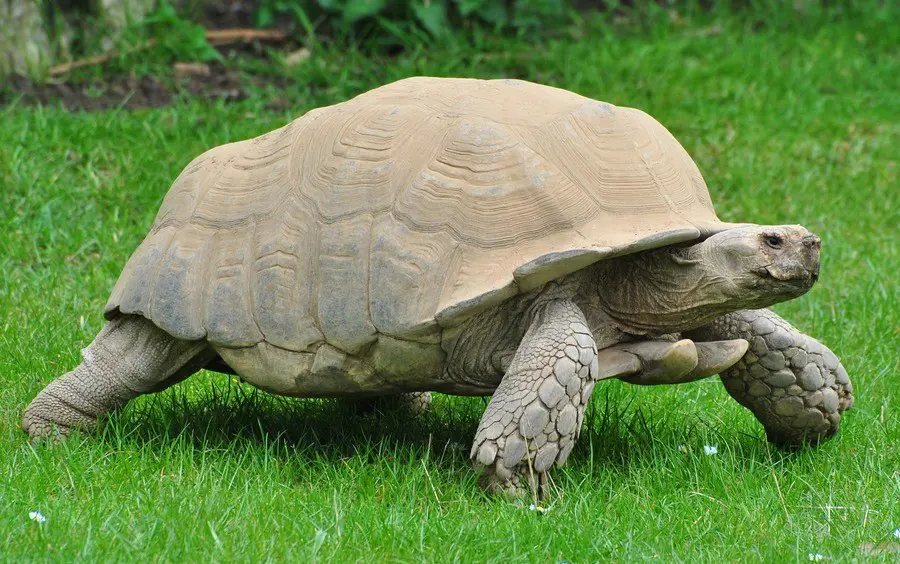
The sulcata tortoise (Geochelone sulcata), also known as the African spurred tortoise, is among the largest tortoise species in the world.
They are appealing due to their rugged appearance and generally gentle demeanor, making them fascinating pets. However, their significant size, long lifespan, and specific care needs require potential owners to understand fully what they are committing to.
This guide will cover essential aspects of sulcata tortoise care, including housing, diet, health concerns, and the pros and cons of ownership.
Species Overview
Common Names: Sulcata tortoise, African spurred tortoise
Scientific Name: Geochelone sulcata
Adult Size: 18 to 30 inches in length, weighing 80 to 150 pounds
Lifespan: 80 years or more
Behavior and Temperament
Sulcata tortoises are known for their curious and docile nature. They are generally not aggressive but should be handled minimally to prevent stress, especially when they are young and more fragile.
Their curiosity can sometimes lead them into tight spots or cause them to flip over and struggle to right themselves.
Size and Housing
Sulcata tortoises grow considerably large, requiring spacious enclosures. For outdoor housing, a sturdy fence around two feet tall with an underground extension of at least a foot is essential to prevent escape.
A sheltered area like a doghouse or small shed can offer protection from the elements. Indoor housing for adults is often impractical due to their size, but in colder climates, an outdoor heated shed or greenhouse is a viable solution.
Substrate and Heat Requirements
A mix of sand and soil is ideal for the enclosure's substrate, providing a warm environment that allows the tortoise to dig. Sulcata tortoises thrive in hot conditions and can handle temperatures exceeding 100°F, provided they have access to shade.
Nighttime temperatures should not drop below 60°F, and additional heating might be necessary in cooler climates.
Lighting and Humidity
Natural sunlight is sufficient for outdoor enclosures, but indoor housing requires UVA/UVB lighting to ensure the tortoise's health, promoting strong bone growth and preventing disease.
Humidity levels should be maintained between 40% and 60%, with higher levels needed for hatchlings. A hygrometer can help monitor humidity, and misting the enclosure or providing shallow baths can help maintain appropriate levels.
Diet and Nutrition
Sulcata tortoises are herbivores, requiring a high-fiber, low-protein diet primarily composed of grasses and hays, making up about 75% of their diet. They also enjoy edible weeds and flowers such as dandelions, clover, and cactus pads.
Leafy greens can be offered in moderation, but foods high in oxalates like spinach and kale should be avoided. Fresh water should always be available.
Health Concerns
Common health issues in sulcata tortoises include respiratory infections, often caused by high humidity, and shell rot due to fungal infections.
Metabolic bone disease, resulting from imbalanced calcium to phosphorus ratios, is another serious concern that can lead to bone deformities and potentially fatal outcomes. Regular veterinary check-ups are essential for early detection and treatment of these conditions.
Pros and Cons of Ownership
Pros:
- Easy to care for with proper knowledge
- Gentle and generally good with children
- Fascinating and engaging behavior
Cons:
- Long-term commitment due to their lengthy lifespan
- Large size requiring substantial space
- Specific environmental needs that can be challenging to maintain
Acquiring a Sulcata Tortoise
Sulcata tortoises are available from reputable breeders and can cost between $50 and $200. It is crucial to choose a healthy tortoise, indicated by clear eyes and a smooth shell. Observing them eat can also give insight into their health.
Since sulcata tortoises can live for many decades, potential owners must plan for their lifelong care, including arrangements if they are no longer able to provide for the tortoise.
Conclusion
Owning a sulcata tortoise is a unique and rewarding experience that comes with significant responsibilities. Their long lifespan means they could be part of your family for generations. Therefore, it's vital to consider whether you can meet their needs for the entirety of their life.
Their size requires ample space, both indoors and outdoors, and their diet and environmental needs are specific and must be maintained consistently.
The sulcata tortoise's social nature and interesting behaviors make them an engaging pet, but they are best suited to owners who have the resources and commitment to care for them properly.
For those ready to take on the challenge, sulcata tortoises can provide decades of companionship and fascination. Potential owners should also consider the environmental impact and ethical implications of keeping such a large reptile in captivity.
Before acquiring a sulcata tortoise, research thoroughly and consult with experienced owners or veterinarians who specialize in reptiles. Proper preparation and knowledge are key to ensuring that both you and your tortoise have a fulfilling and healthy relationship.
Top Lists

